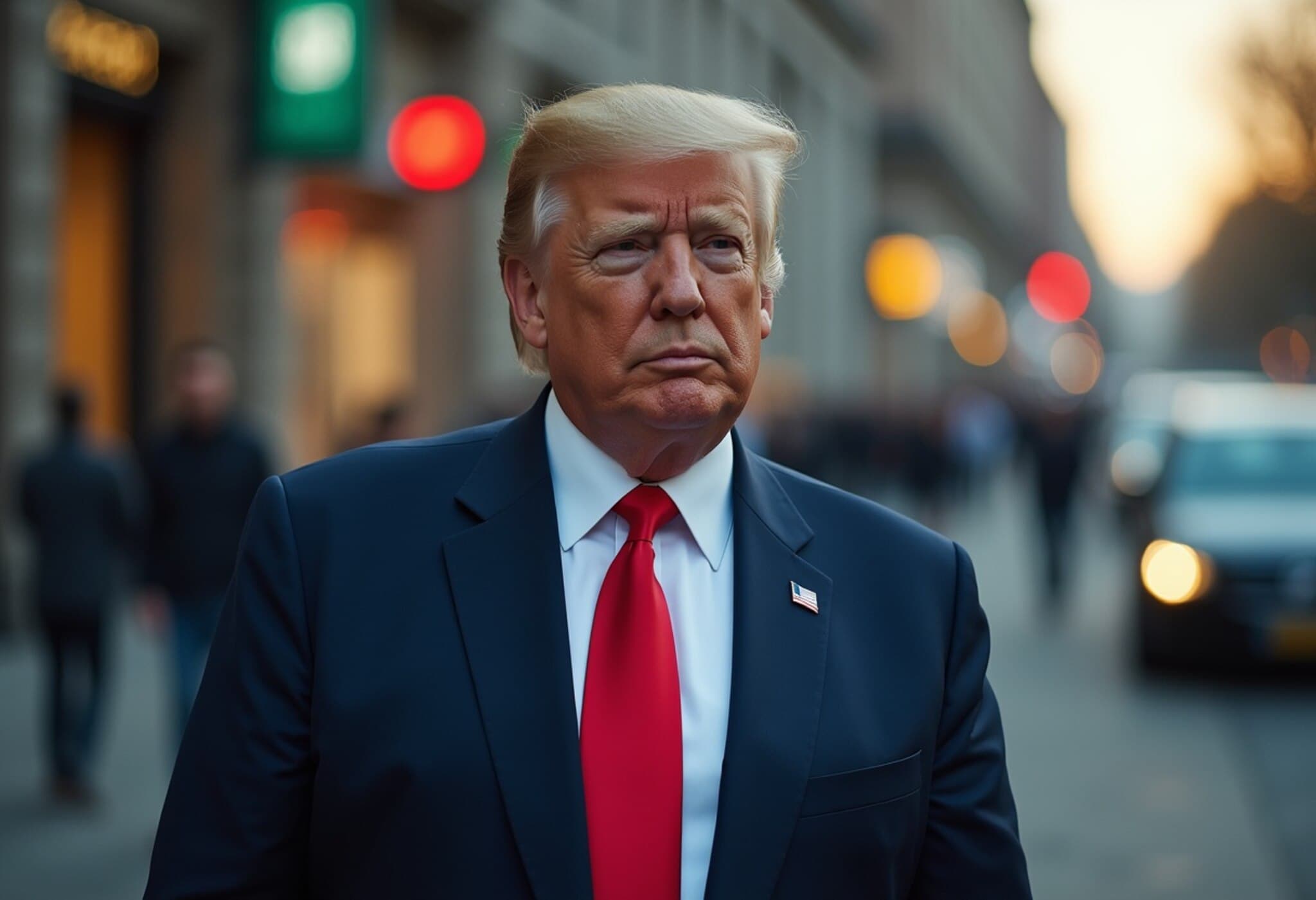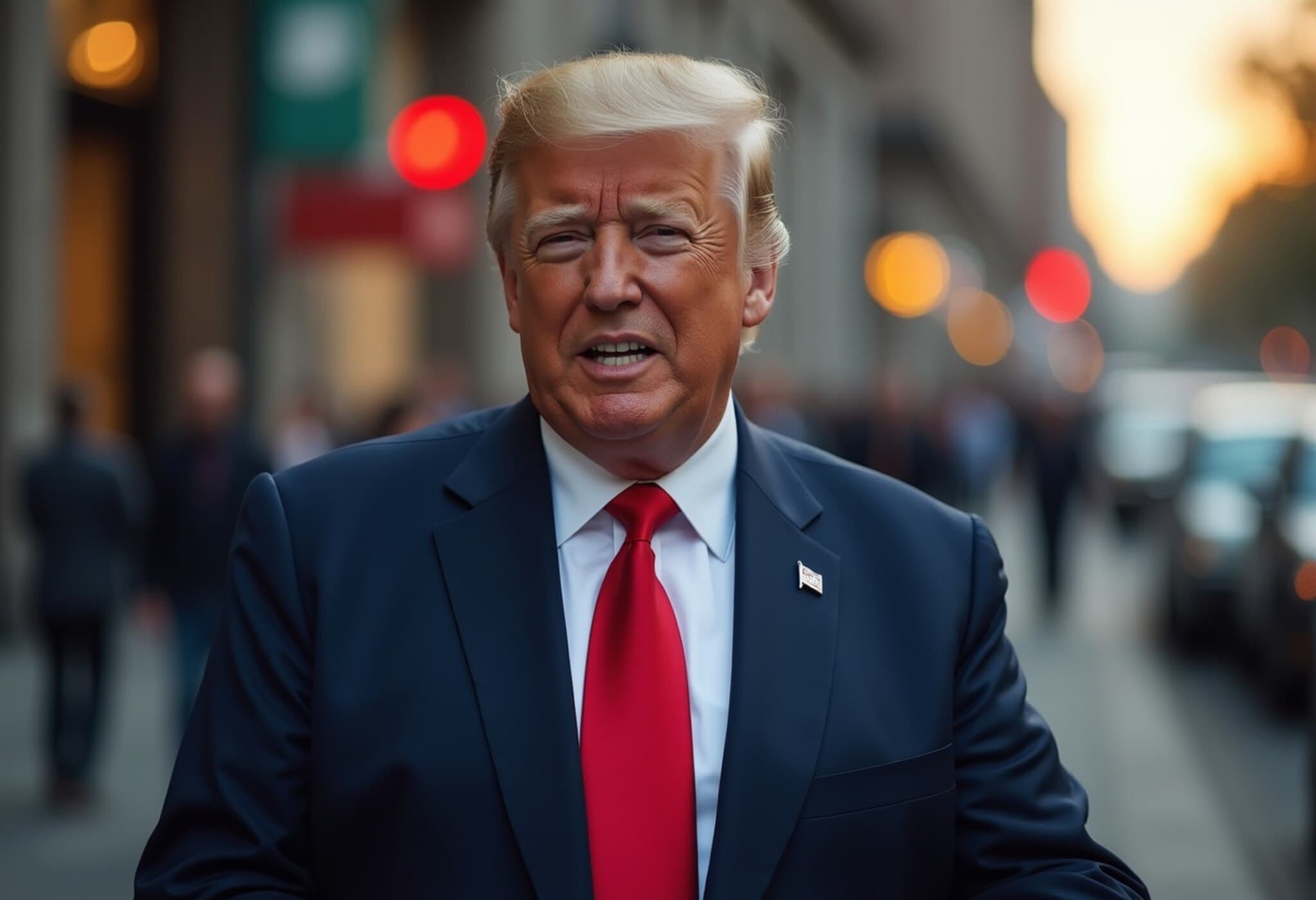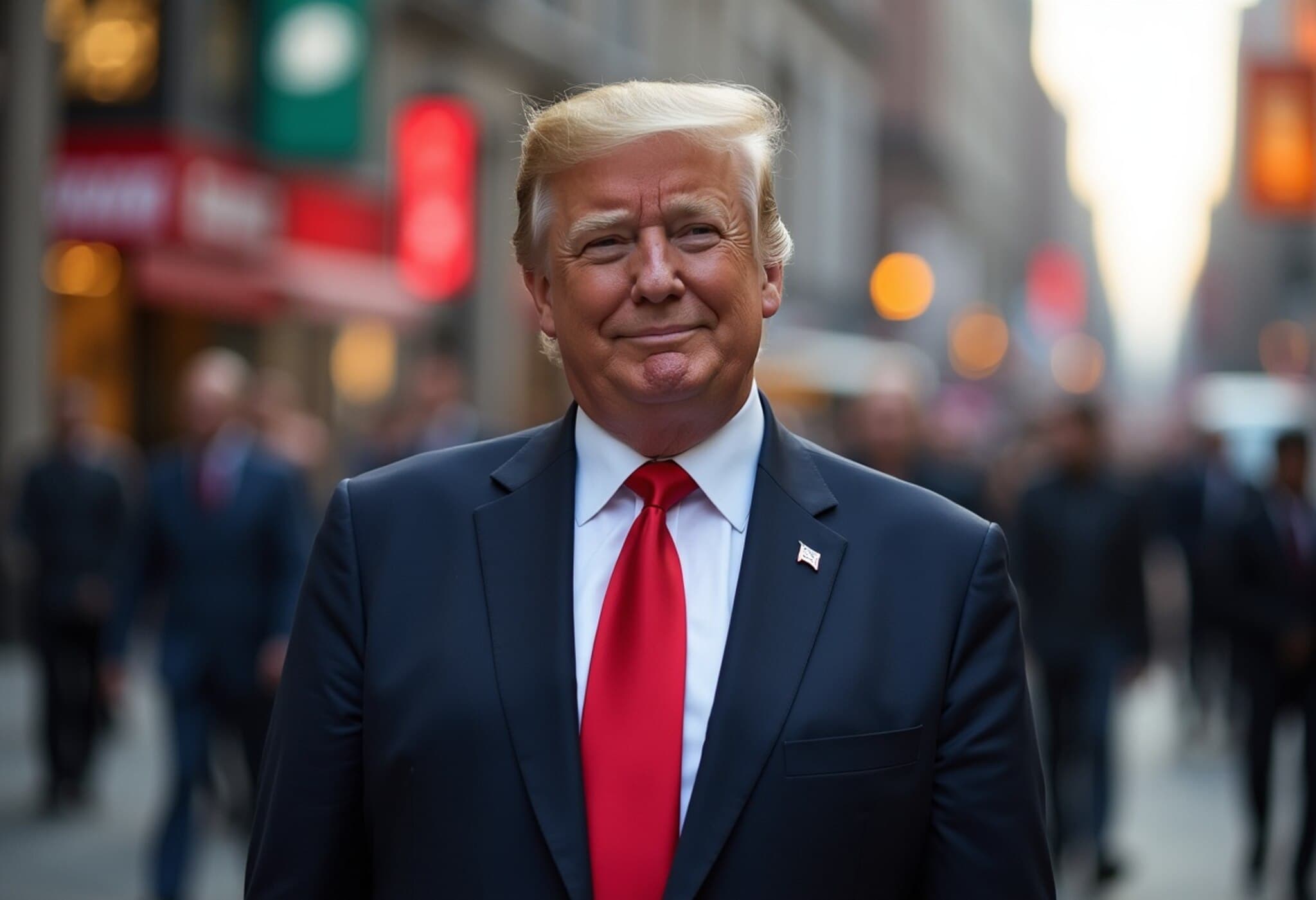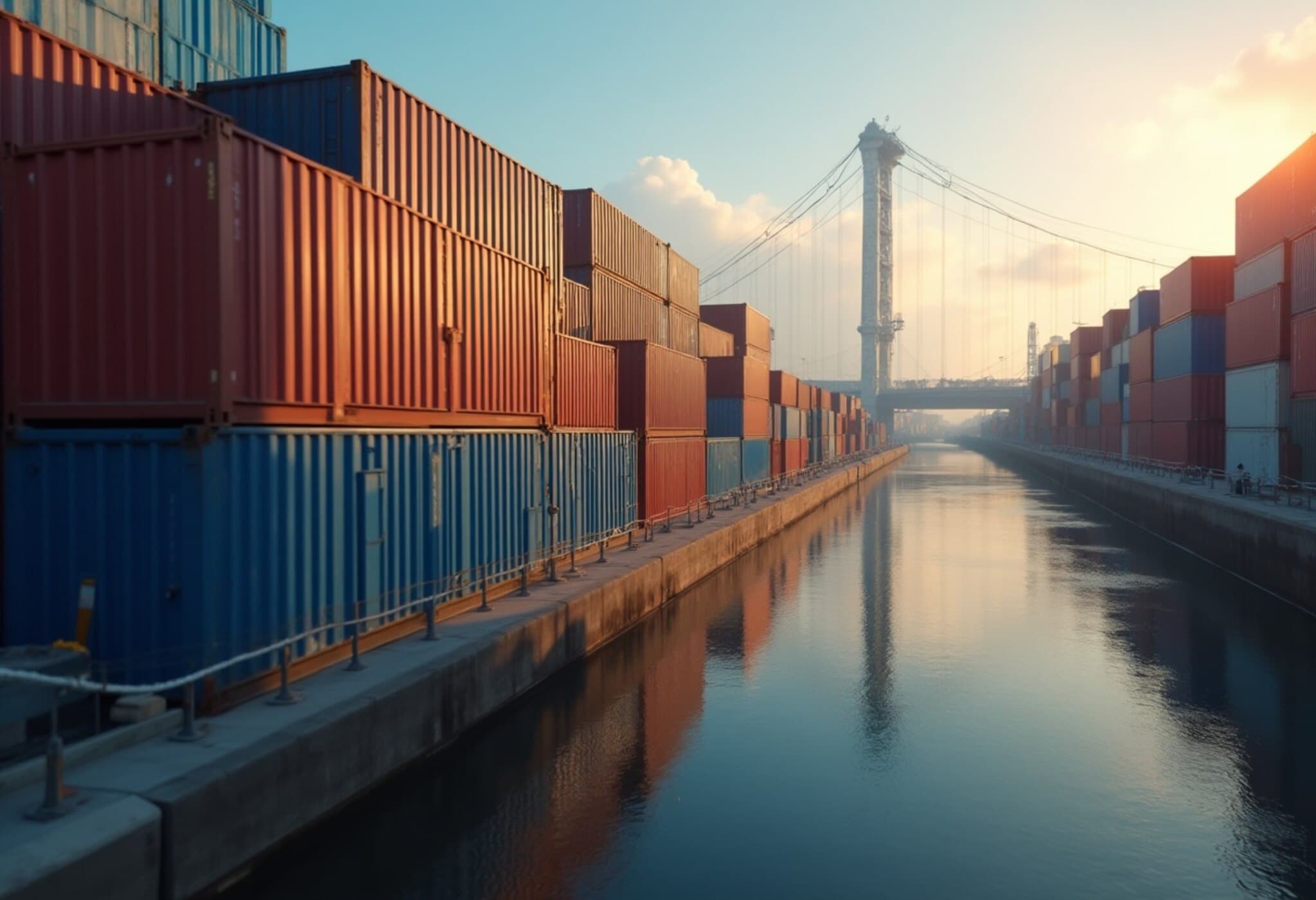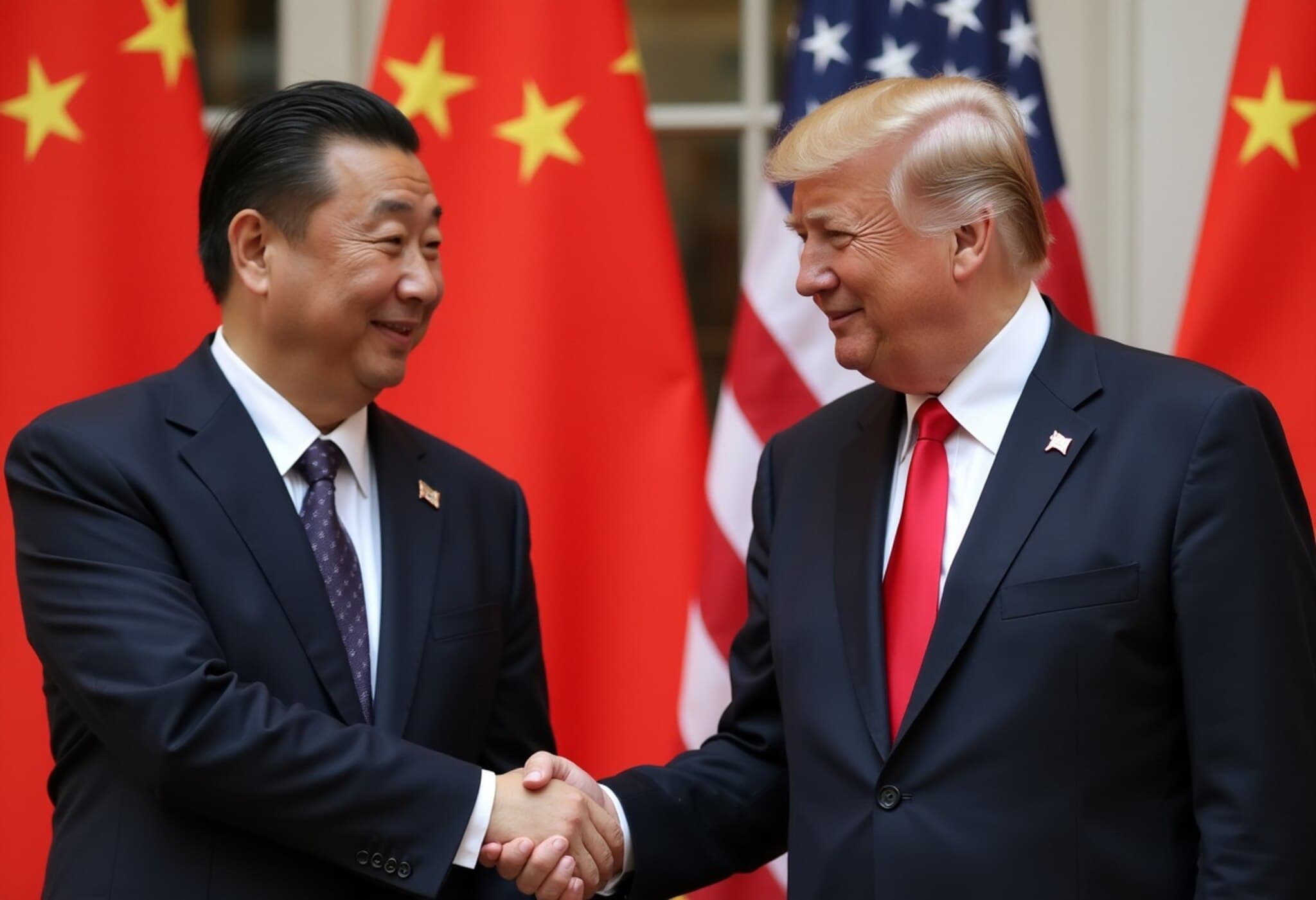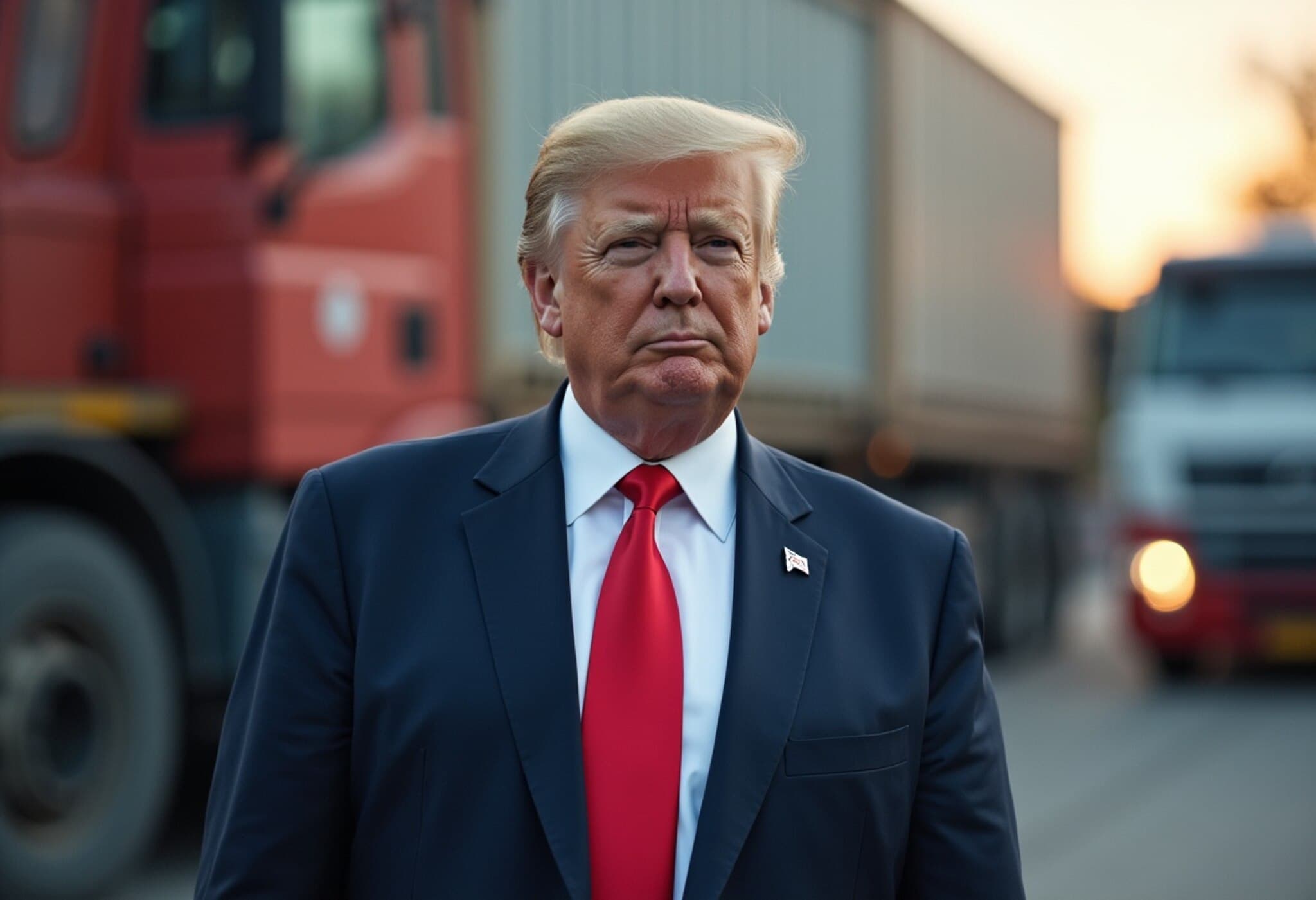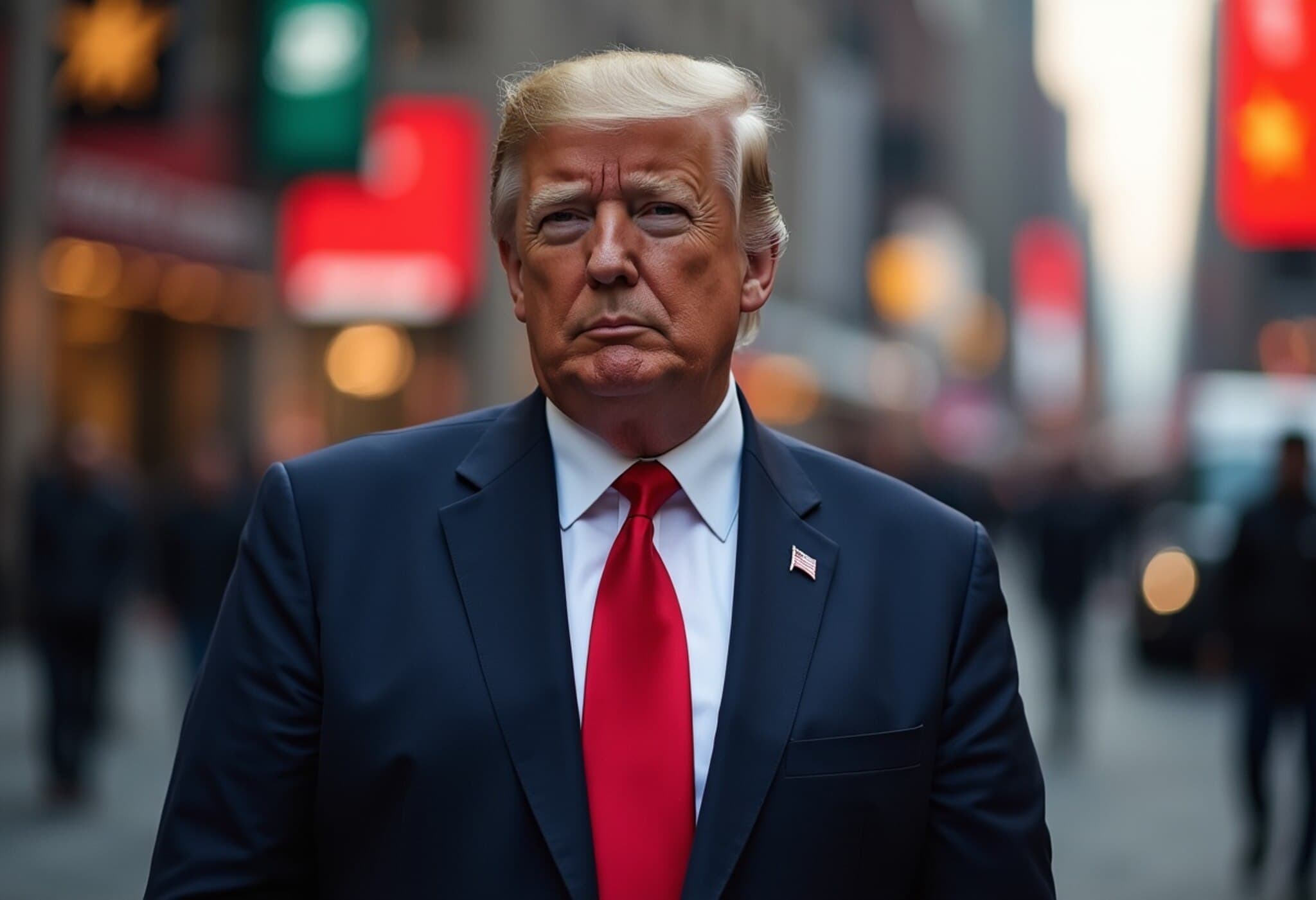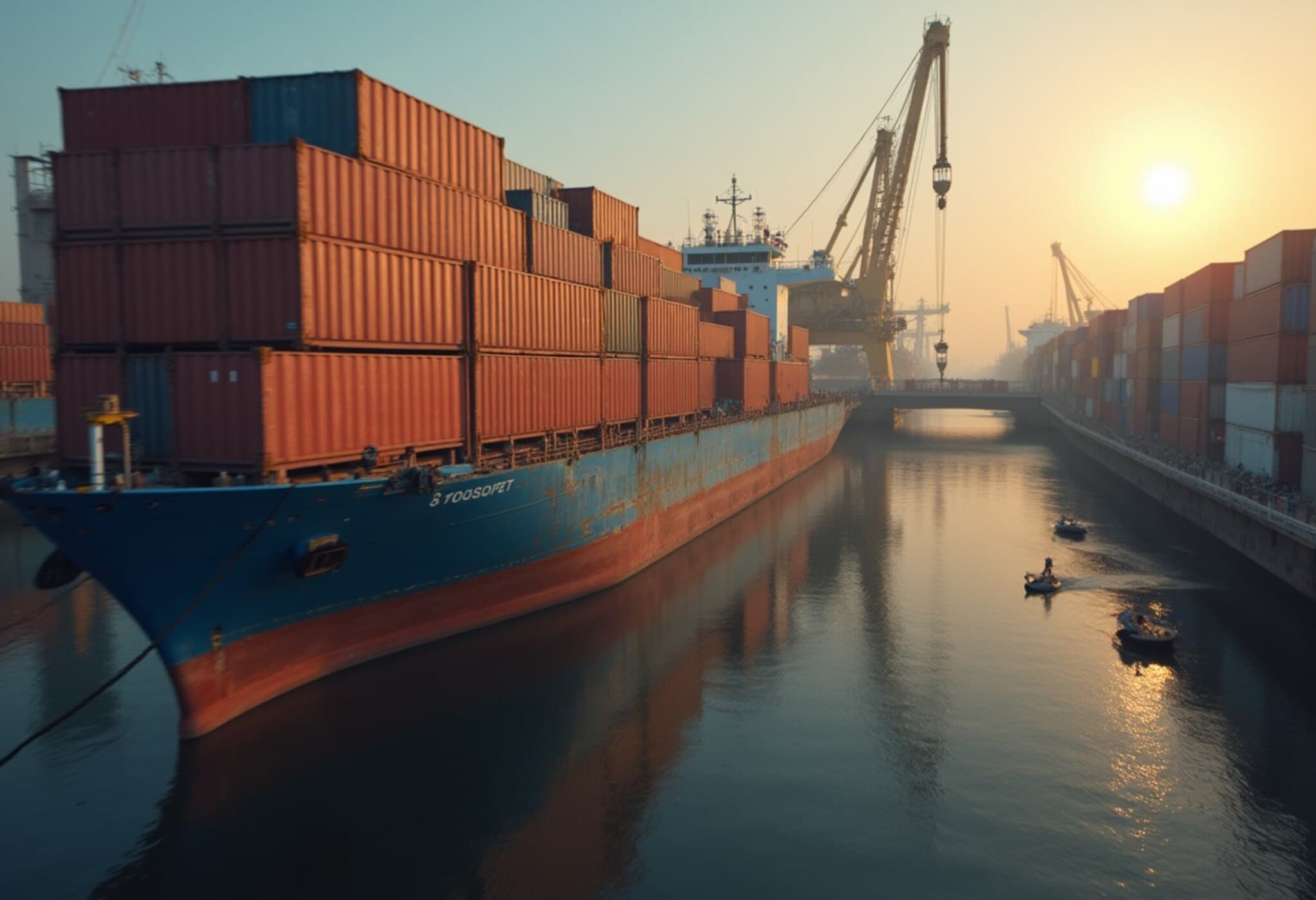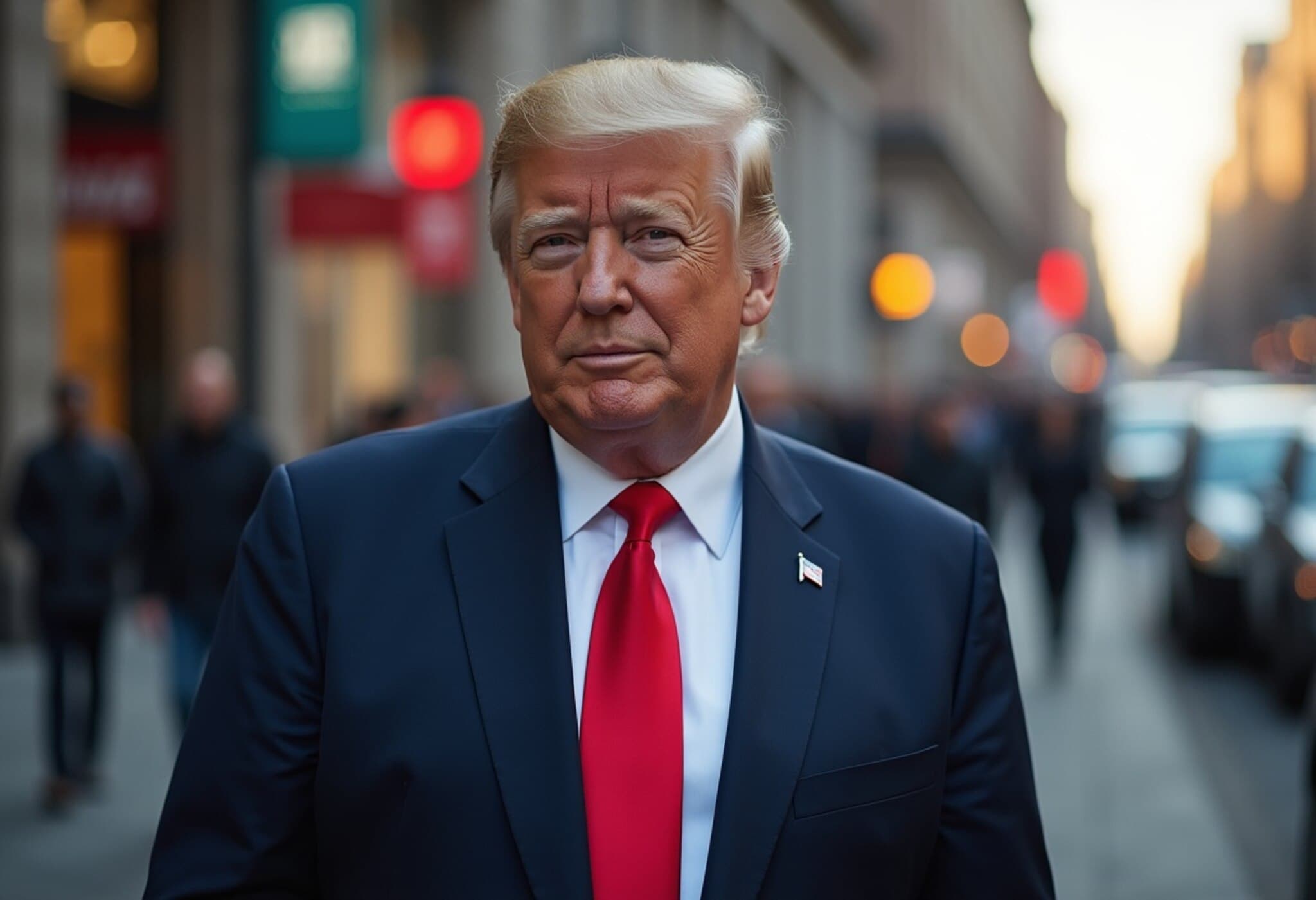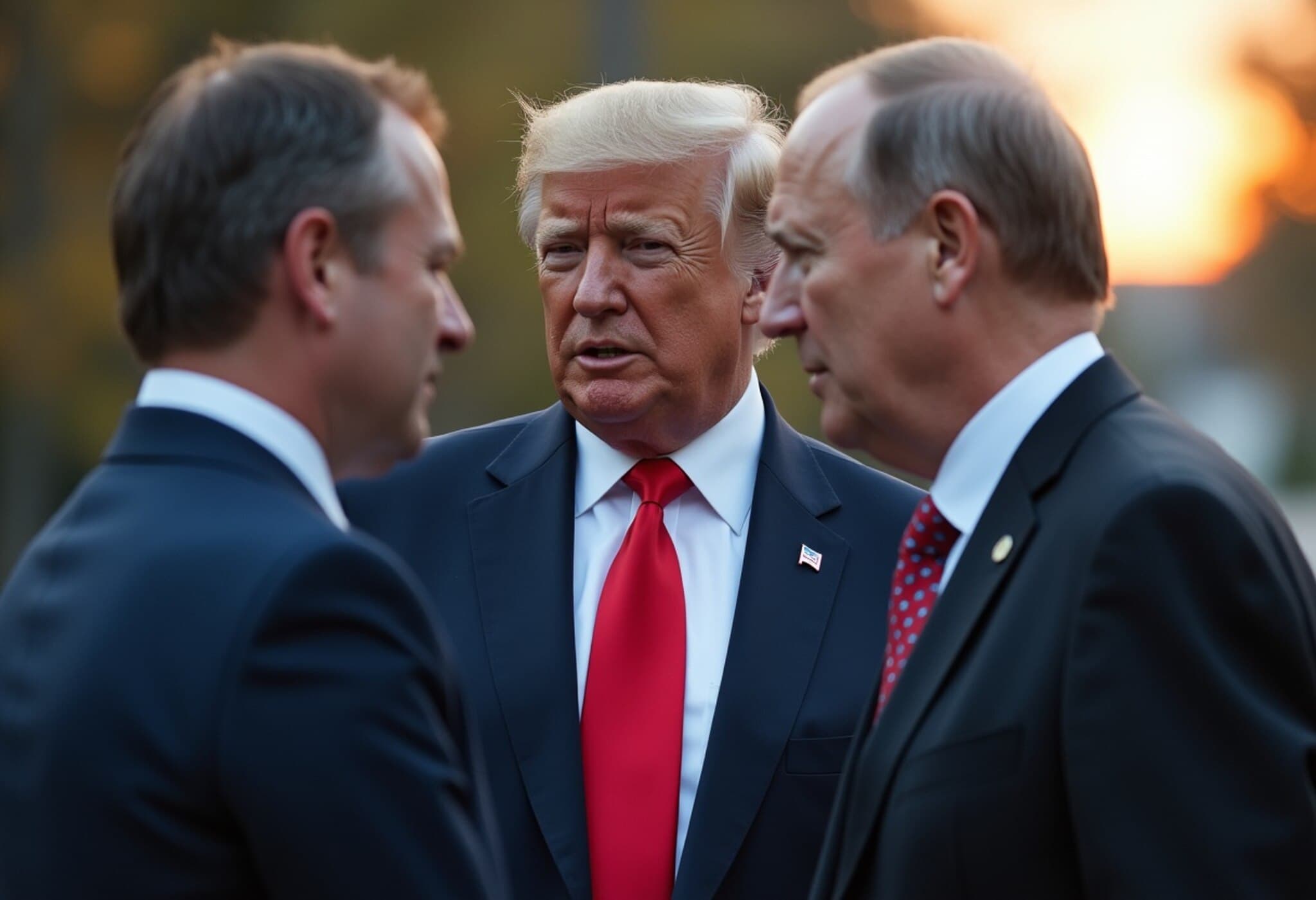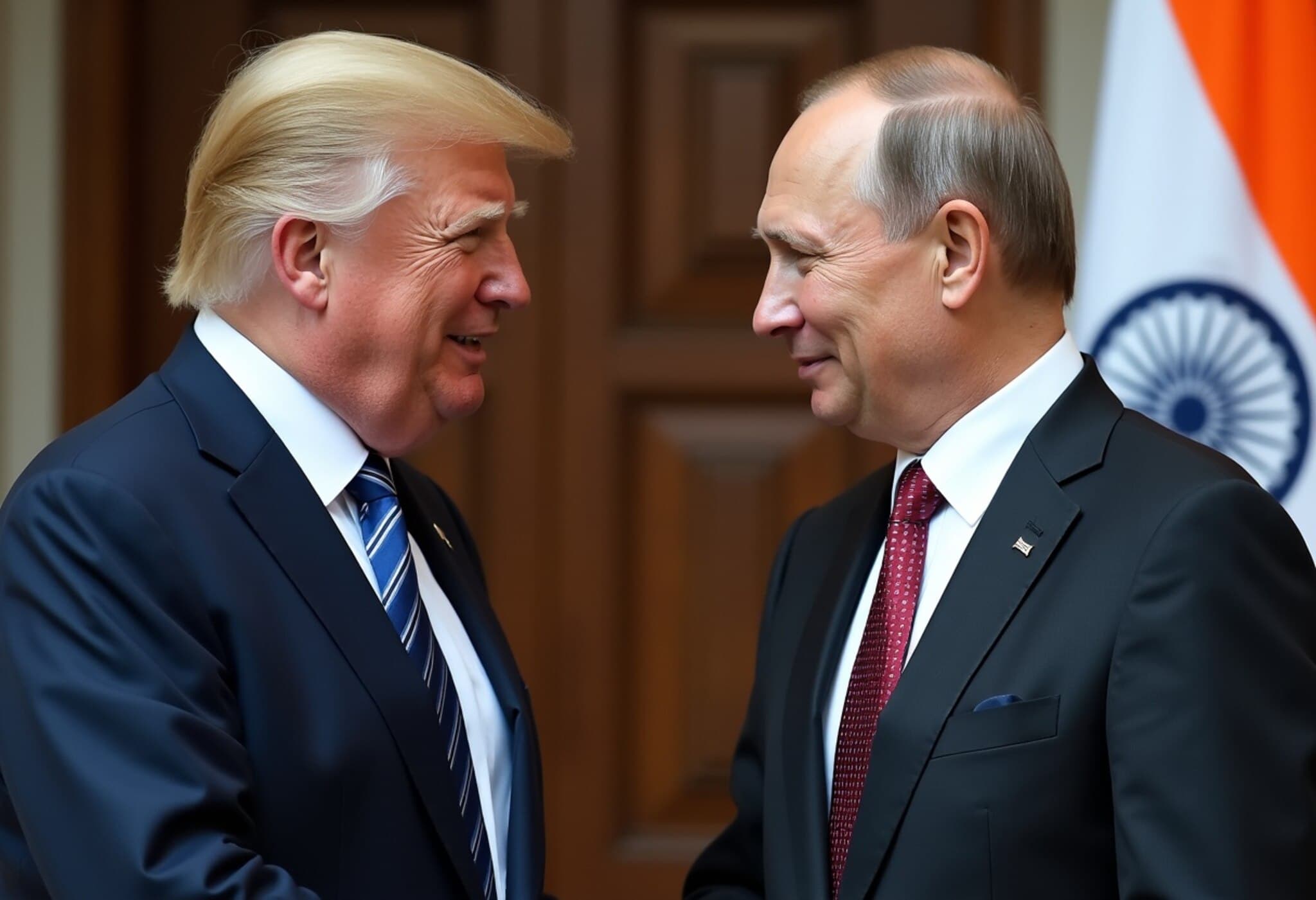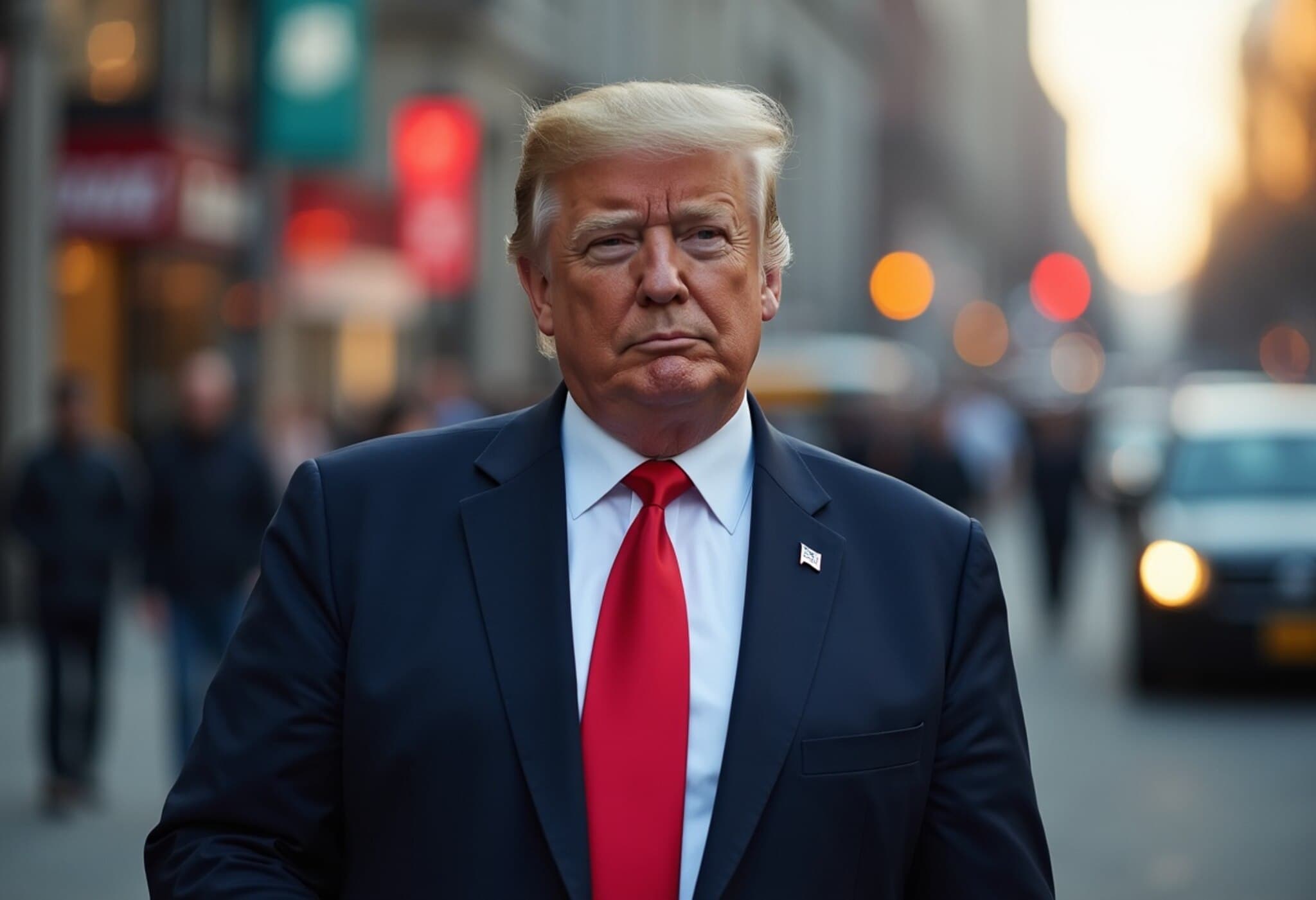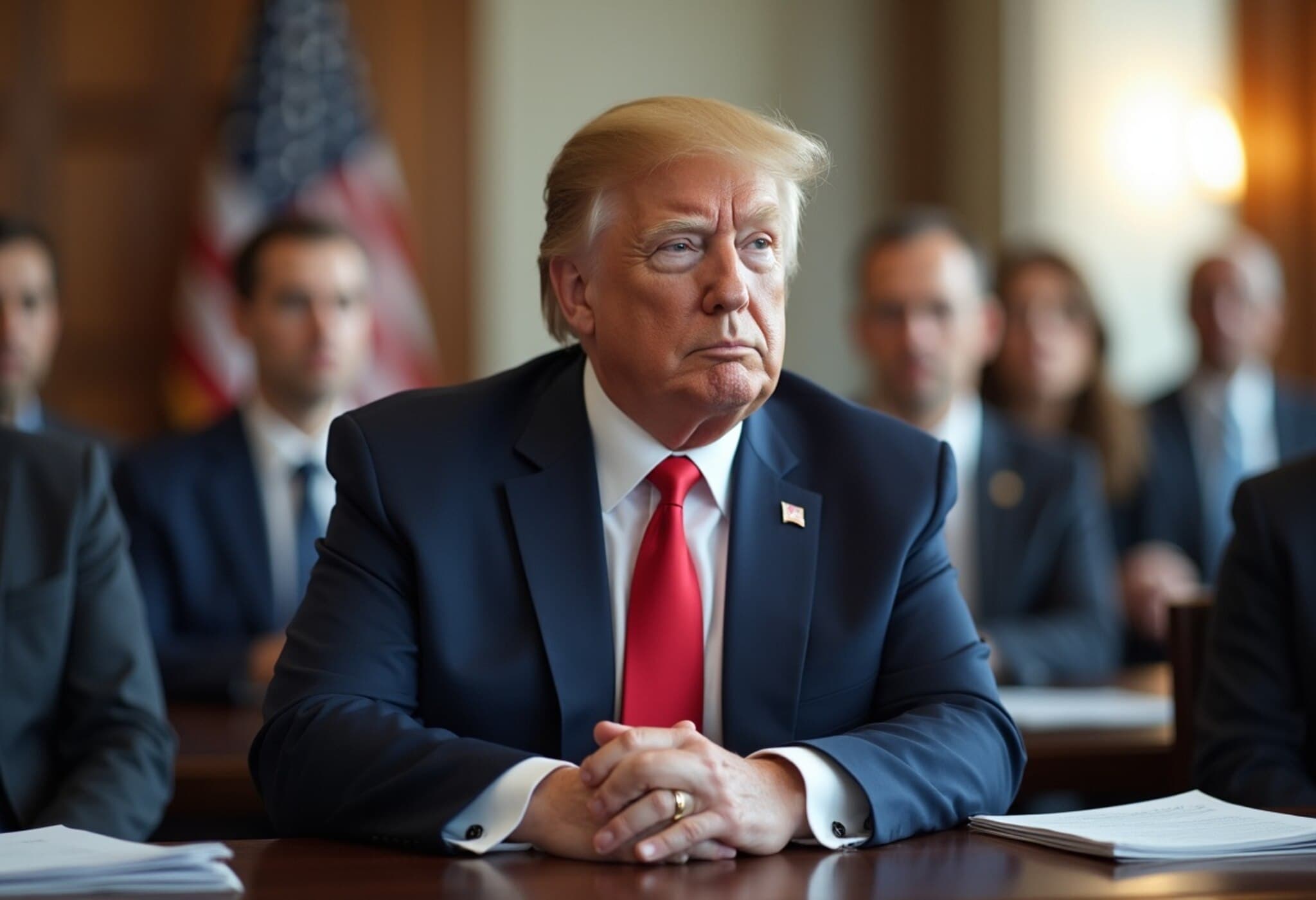US Tariff Announcement Sends Shockwaves Through Brazilian Chemical Exports
In a move that has rattled global trade dynamics, US President Donald Trump’s recent declaration to impose a steep 50% tariff on Brazilian chemical products starting August 1, 2025, has led to immediate and significant disruptions in export contracts between Brazil and the United States. Brazilian chemical exporters, including industry giants, are witnessing abrupt cancellations and a cascading ripple effect on both international and domestic markets.
Immediate Fallout: Contract Cancellations and Market Uncertainty
Brazil’s chemical sector, which exported approximately $2.4 billion worth of products to the US in 2024, is facing a profound challenge as buyers withdraw or partially cancel orders. Andre Cordeiro, head of Abiquim—the Brazilian chemical industry group—revealed that some companies had all US contracts abruptly terminated, while others lost portions of their anticipated shipments. Remarkably, some exporters had already secured financing based on these contracts before the cancellations, highlighting deep economic vulnerabilities triggered in the wake of the announcement.
“These decisions are being made because market actors believe the tariff will indeed be implemented,” Cordeiro explained, underscoring the atmosphere of apprehension gripping the sector.
Beyond Chemicals: Broader Economic Domino Effects
The consequences stretch well beyond the chemical industry’s immediate borders. Many foundational Brazilian exports—such as coffee, grains, plywood, and orange juice—rely on chemical products for cultivation, processing, and preservation. Notably, nearly 42% of Brazil’s orange juice exports are destined for the US, a fact that makes this tariff issue a critical concern for wider agriculture and processed goods sectors.
Cordeiro highlighted how chemical product tariffs reverberate through related industries: plywood manufacturers, dependent on chemical adhesives, and orange juice producers utilizing chemical preservatives, have both reported losses in US orders concurrent with the tariff threat.
Impact on Major Players: Braskem, Dow Chemical, and Exxon Mobil
Key industry players are also feeling the tremors. Braskem, Brazil’s leading petrochemical company with sizeable US operations, along with Dow Chemical, which operates 10 manufacturing plants in Brazil and exports silicon metal to America, are navigating uncertain market conditions. Both declined to comment on the situation, and Exxon Mobil, another major chemical player with operations in Brazil, also refrained from remarks.
Industry Perspective: Unjustified Tariffs Amid Trade Deficit
The Brazilian chemical industry decries the tariffs as unjustified. According to Abiquim, Brazil currently runs a $7.9 billion trade deficit with the US in the chemical sector, signaling that the tariffs may be more punitive than protective. This raises policy questions about the strategic aim of the tariffs and their long-term impact on bilateral trade relations.
Expert Insights: The Bigger Picture on Trade and Diplomacy
The tariff announcement should also be viewed through the lens of evolving US trade policy strategies, which in recent years have oscillated between protectionism and negotiated trade agreements. For the American market, such abrupt tariff hikes could mean higher prices for chemical inputs, potentially affecting manufacturing sectors reliant on these products, including agriculture, automobile, and technology.
From a regional economic standpoint, the tariff could accelerate Brazil’s shift toward diversifying trade partners, possibly intensifying South-South trade alliances or bolstering exports to European and Asian markets.
Key Questions Moving Forward
- Will the tariffs stand long-term, or are they a negotiating lever?
- How will the US industries dependent on Brazilian chemicals adapt to potential price hikes?
- Can Brazil mitigate the economic shock by accelerating trade diversification?
- What diplomatic solutions might emerge to ease tensions and restore trade stability?
Editor’s Note
This unfolding trade conflict exemplifies how aggressive tariff policies reverberate far beyond immediate economic calculations, affecting supply chains, employment, and cross-border relations. While governments often employ tariffs as negotiation tools, the human and industrial costs can be swift and profound. Monitoring these developments is crucial for businesses and policymakers alike, especially as global economies remain precariously intertwined.
Stay informed as this situation develops—both from market and policy perspectives—to understand its real-world implications on trade, industry, and international diplomacy.

